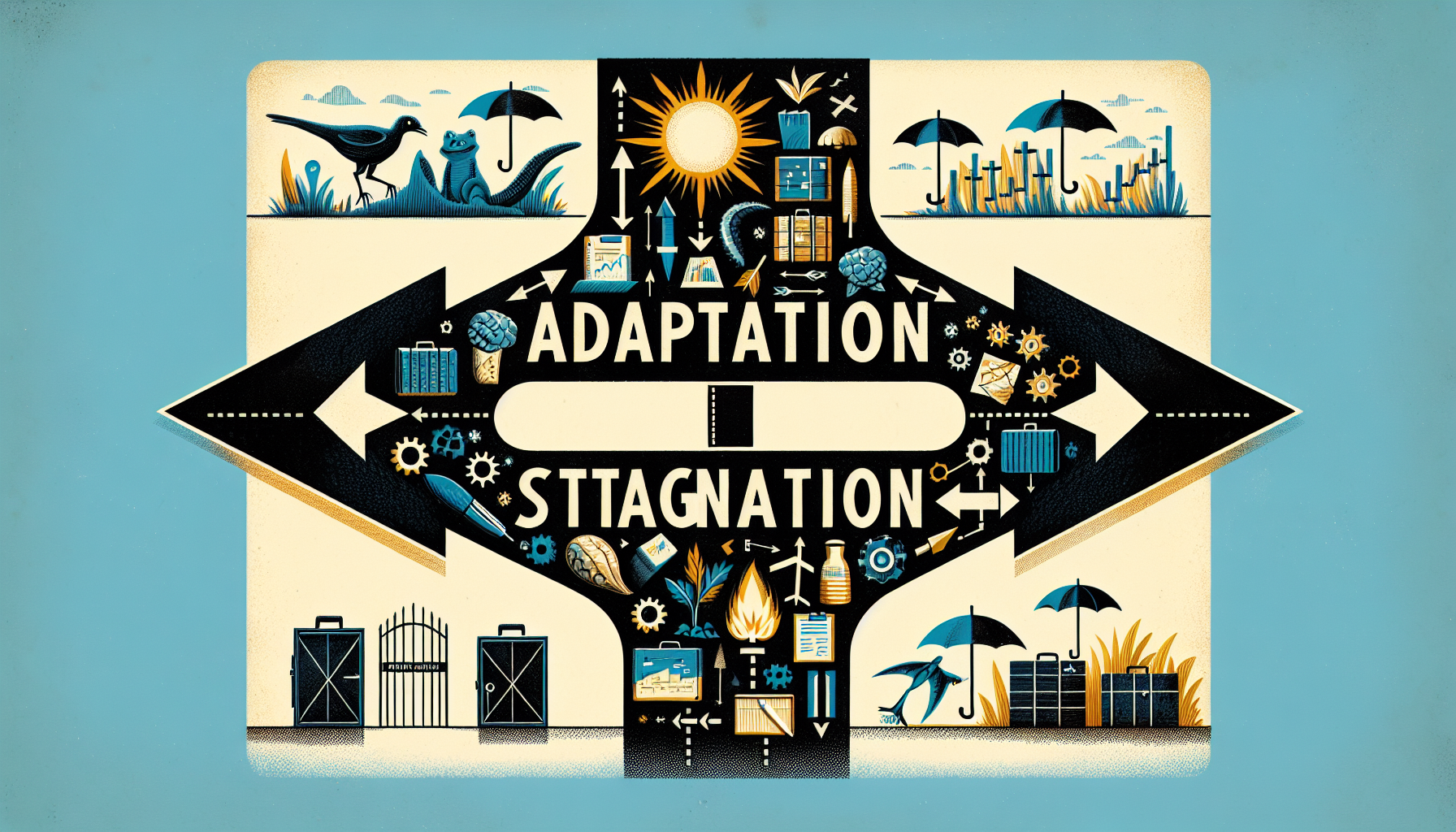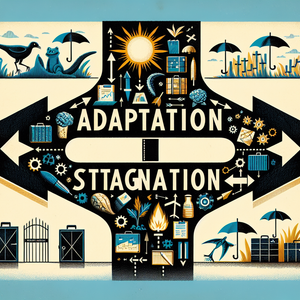Exploring the Future of Autonomous Driving Careers

At the core of autonomous vehicle technology is engineering. Engineers are tasked with designing, developing, and testing the complex systems that govern self-driving cars. This includes hardware engineers who work on the physical components of vehicles, such as sensors and cameras, and software engineers who create the algorithms that enable vehicles to interpret data and make decisions. For instance, Waymo employs engineers who specialize in artificial intelligence (AI) and machine learning to improve the vehicle's ability to navigate diverse environments. Their work involves developing sophisticated perception algorithms that allow vehicles to recognize and respond to dynamic road conditions, pedestrians, and other vehicles. The demand for skilled engineers in software development, robotics, and systems integration is rapidly increasing as the technology matures. As a result, prospective engineers are encouraged to pursue degrees in fields such as electrical engineering, computer science, and robotics, while also gaining hands-on experience through internships and projects.
Data Science: The Backbone of Autonomous Vehicles
Data science plays a crucial role in the development of autonomous driving technology. With vehicles generating vast amounts of data from sensors and cameras, data scientists analyze this information to improve performance, ensure safety, and enhance user experience. Waymo, for example, utilizes data analytics to refine its algorithms based on real-world driving scenarios, making the vehicles smarter over time. Data scientists are tasked with interpreting complex datasets, identifying patterns, and providing actionable insights to engineers and designers. The ability to leverage machine learning and statistical techniques to predict and mitigate risks is essential in this field. As the industry grows, the need for data professionals who can bridge the gap between technology and real-world applications will become increasingly important. For those interested in this career path, a background in computer science, statistics, or mathematics, combined with practical experience in data analysis, will be invaluable.
Policy-Making and Regulatory Careers
As autonomous vehicles become more prevalent, navigating the regulatory landscape is essential. Policy-makers play a vital role in shaping the laws and regulations that govern the use of self-driving cars. This includes addressing ethical considerations, safety standards, and public acceptance of the technology. Waymo actively engages with government officials and regulatory bodies to advocate for policies that facilitate the safe deployment of autonomous vehicles. Professionals with backgrounds in law, public policy, and ethics are crucial in this area, as they work to balance innovation with public safety and community concerns. Understanding the complexities of technology deployment in urban environments, along with public concerns regarding safety and privacy, is essential for these roles. Aspiring policy-makers can benefit from interdisciplinary education that incorporates law, ethics, and technology studies.
Interdisciplinary Collaboration: The Key to Success
The future of autonomous driving careers hinges on interdisciplinary collaboration. As the technology integrates across various fields, professionals from diverse backgrounds—such as psychology, urban planning, and cybersecurity—bring valuable perspectives that enhance the development process. For example, understanding human behavior is critical for designing user interfaces and ensuring that passengers feel safe and comfortable in autonomous vehicles. Psychologists can provide insights into user experience design, helping to create intuitive interfaces that minimize anxiety and promote trust in the technology. Similarly, urban planners can provide insights on how autonomous vehicles will interact with city infrastructure and public transportation systems, ensuring a seamless integration of these vehicles into existing urban landscapes. The ability to collaborate across disciplines will be a significant advantage for those entering the workforce, fostering innovation and creativity in developing autonomous solutions.
The rise of autonomous driving technology heralds an exciting era filled with diverse career opportunities. From engineering and data science to policy-making and interdisciplinary collaboration, the future workforce will need to adapt and innovate continuously. As companies like Waymo continue to pave the way for self-driving vehicles, aspiring professionals equipped with the right skills and a collaborative mindset will find themselves at the forefront of this technological revolution. By embracing these opportunities, individuals can contribute to a safer, more efficient, and more sustainable future in transportation. The journey toward widespread autonomous vehicle adoption is just beginning, and the professionals who shape this future will play an essential role in designing a world where technology and human needs coexist harmoniously.
Autonomous Vehicle Software Engineer
Waymo, Tesla, Cruise Automation, Aurora Innovation
Core Responsibilities
Develop and optimize algorithms for perception, decision-making, and control for self-driving systems.
Collaborate with hardware teams to ensure software and hardware integration.
Conduct simulations and real-world testing to validate software performance and safety.
Required Skills
Proficiency in programming languages such as C++, Python, and ROS (Robot Operating System).
Experience with machine learning frameworks (e.g., TensorFlow, PyTorch).
Strong understanding of computer vision techniques and sensor fusion.
Data Scientist in Autonomous Driving
Waymo, Zoox, NVIDIA
Core Responsibilities
Analyze large datasets from vehicle sensors to identify trends and improve vehicle performance.
Develop predictive models to enhance safety and user experience.
Collaborate with engineering teams to refine algorithms based on data insights and testing outcomes.
Required Skills
Expertise in statistical analysis and machine learning techniques.
Proficiency in data manipulation and visualization tools (e.g., SQL, R, Tableau).
Strong analytical skills and a background in mathematics or computer science.
Regulatory Affairs Specialist for Autonomous Vehicles
Waymo, Ford, General Motors
Core Responsibilities
Monitor and interpret regulations relevant to autonomous vehicle deployment.
Advocate for safety standards and policies that support innovation in the industry.
Collaborate with legal teams and government agencies to ensure compliance with evolving laws.
Required Skills
In-depth knowledge of transportation law and public policy.
Strong communication skills for engaging with stakeholders and public officials.
Ability to analyze complex regulatory documents and provide strategic insights.
Human Factors Engineer for Autonomous Vehicles
Tesla, Uber, Honda
Core Responsibilities
Research and analyze user interactions with autonomous vehicle interfaces to enhance usability.
Design and test user experience (UX) elements that ensure passenger comfort and safety.
Work with cross-functional teams to integrate human factors into vehicle design and technology.
Required Skills
Background in psychology, human factors, or interaction design.
Experience with usability testing methodologies and user-centered design principles.
Strong analytical and problem-solving skills.
Urban Planning Specialist for Autonomous Vehicle Integration
City planning departments, consulting firms, transportation agencies
Core Responsibilities
Assess the impact of autonomous vehicles on urban infrastructure and transportation systems.
Collaborate with city officials to design roadways and urban spaces that accommodate self-driving cars.
Conduct studies on traffic patterns and public transportation interactions with autonomous systems.
Required Skills
Expertise in urban planning, civil engineering, or a related field.
Ability to analyze spatial data and modeling (e.g., GIS tools).
Strong communication and collaborative skills for working with diverse stakeholders.


